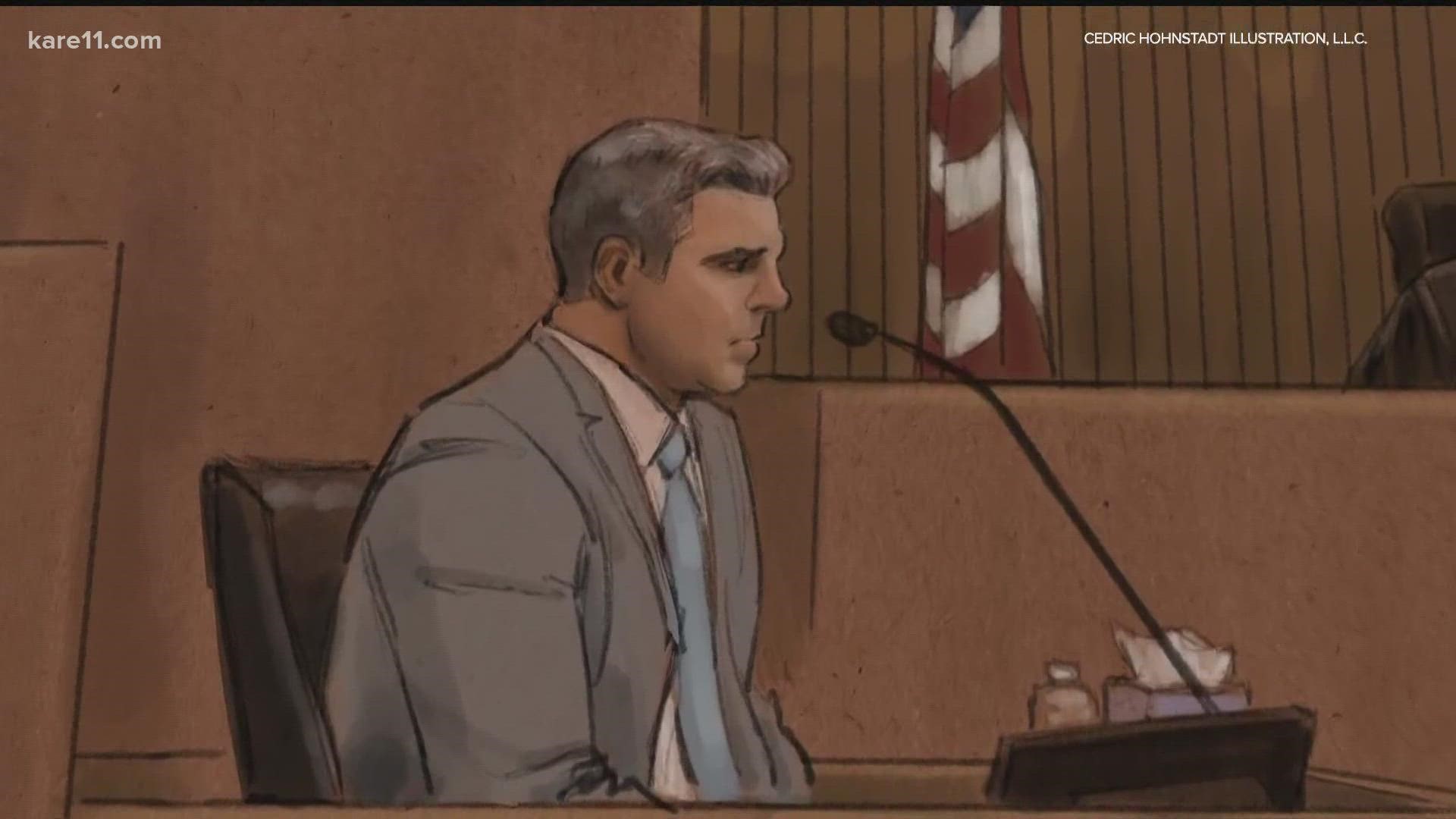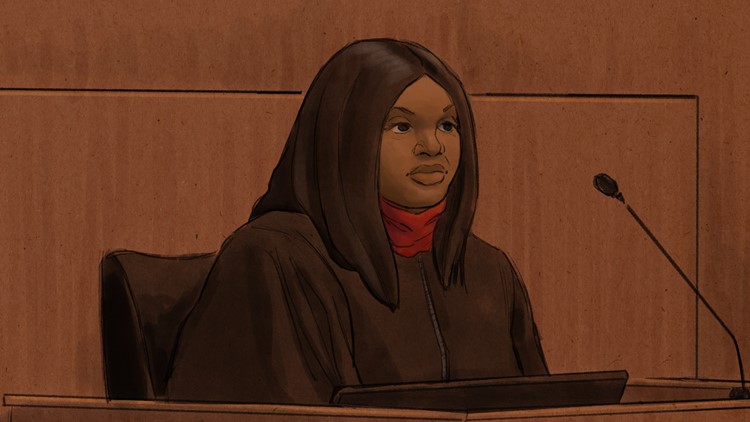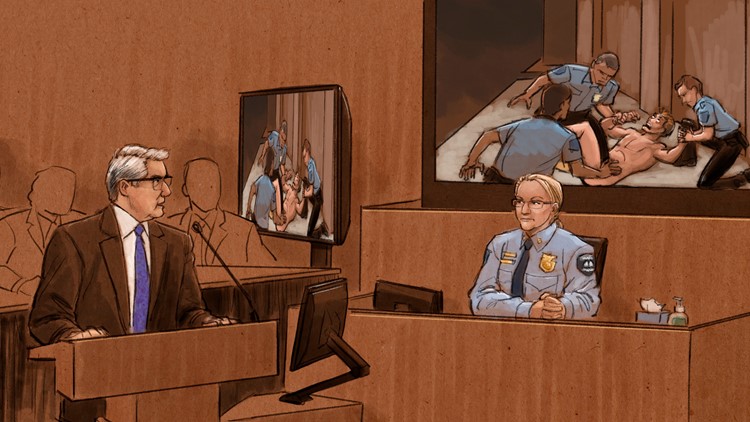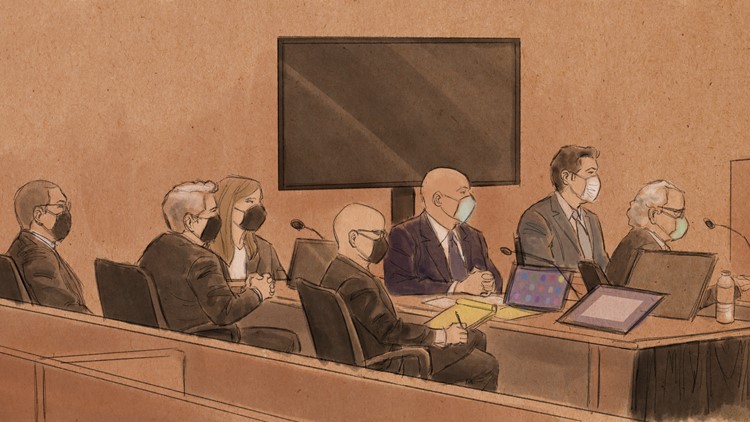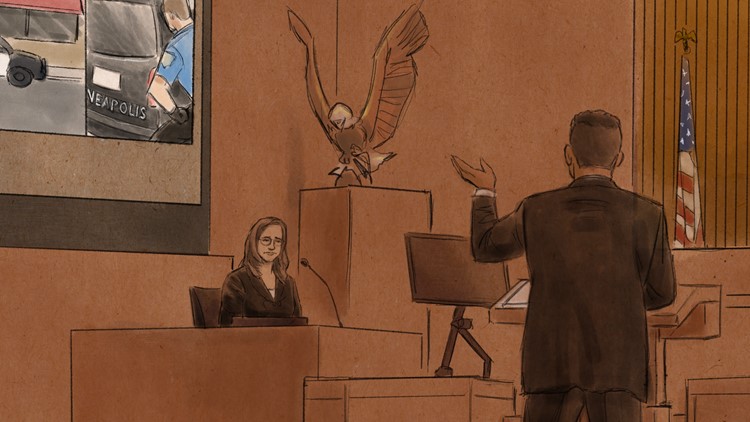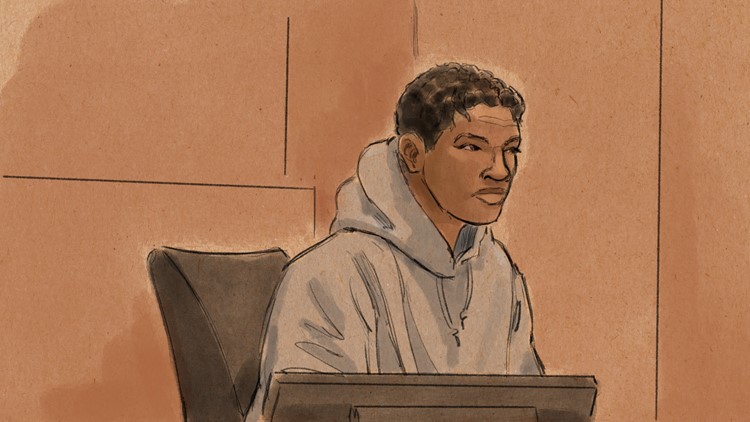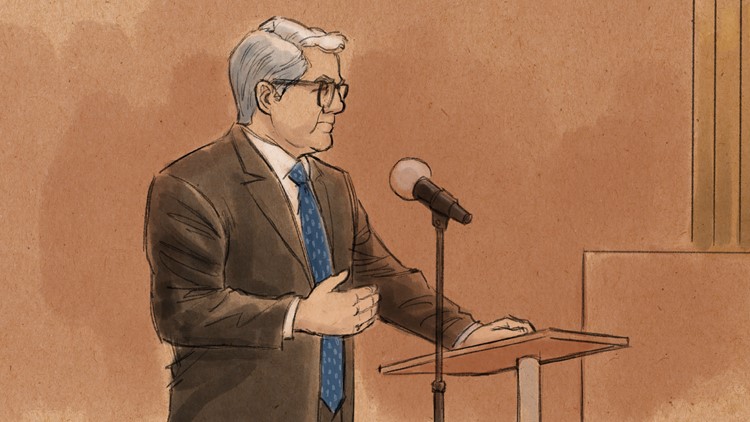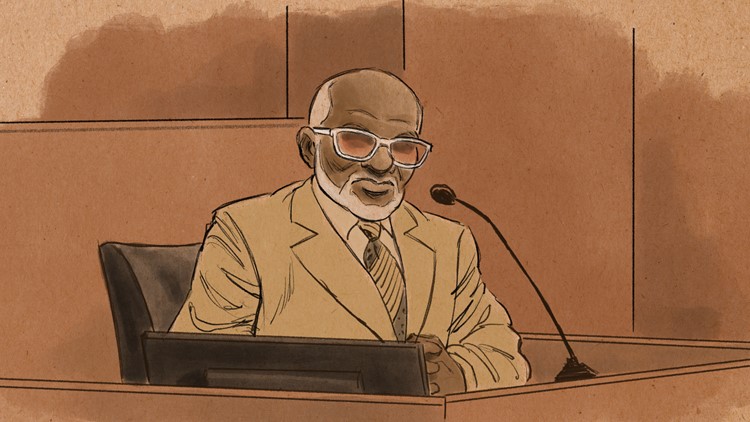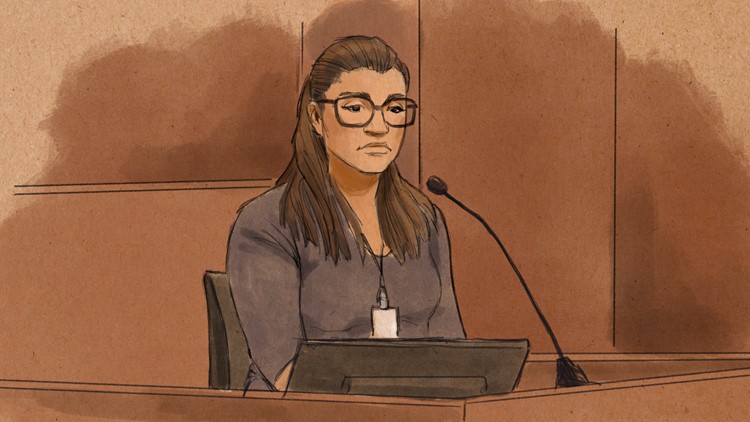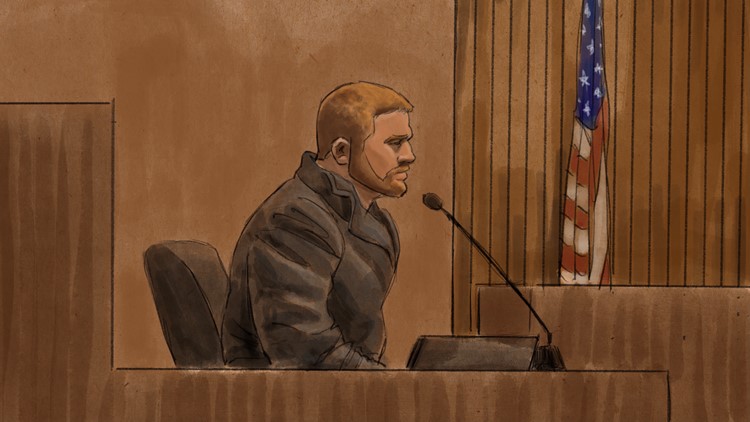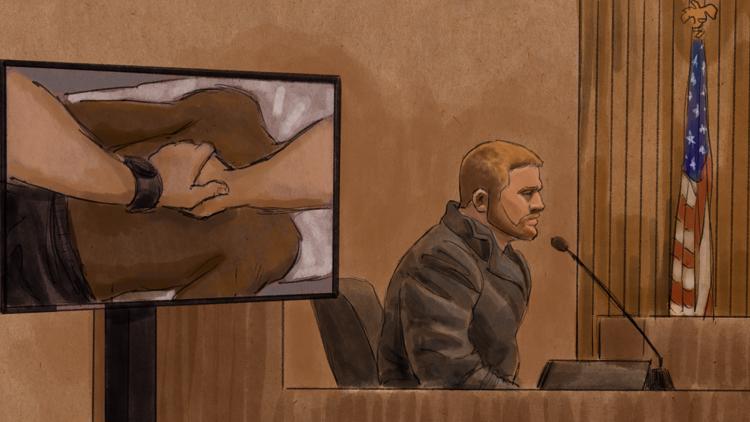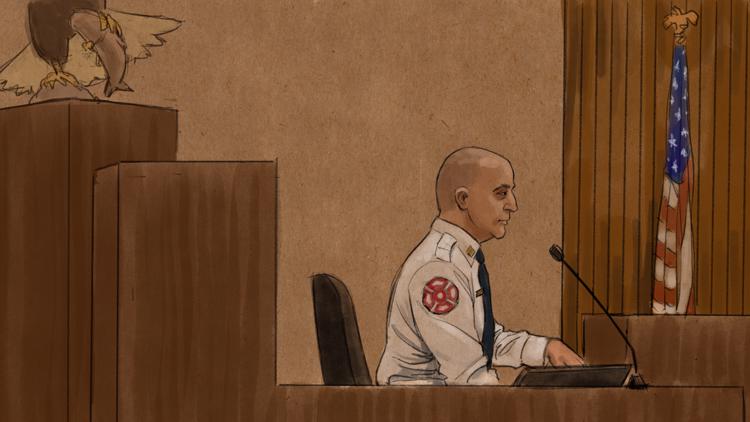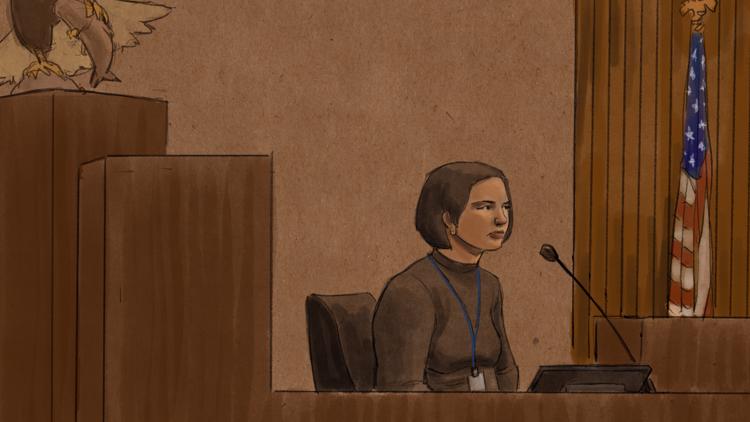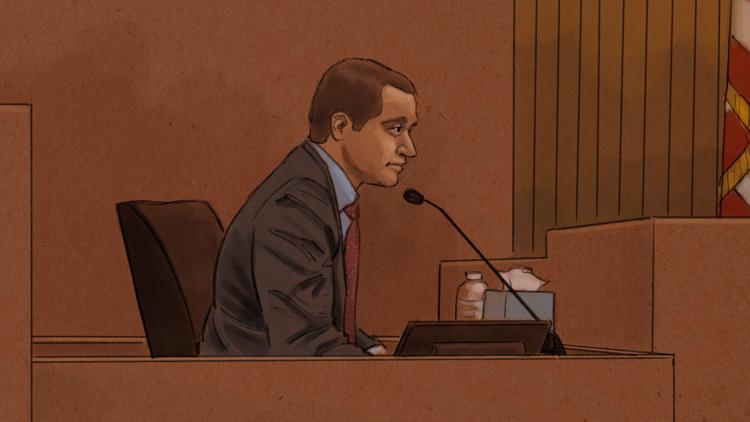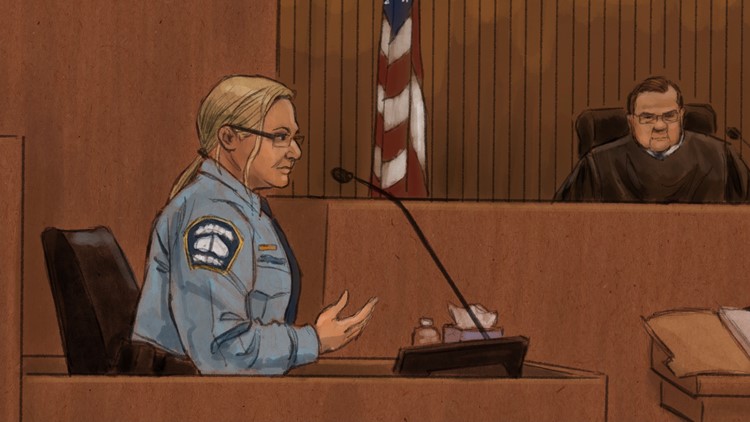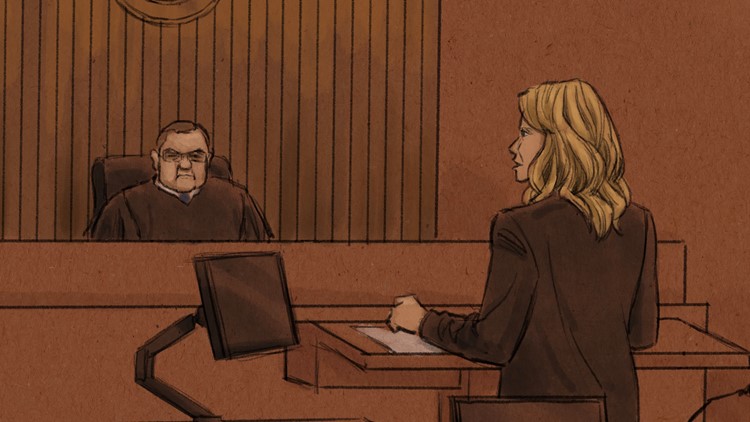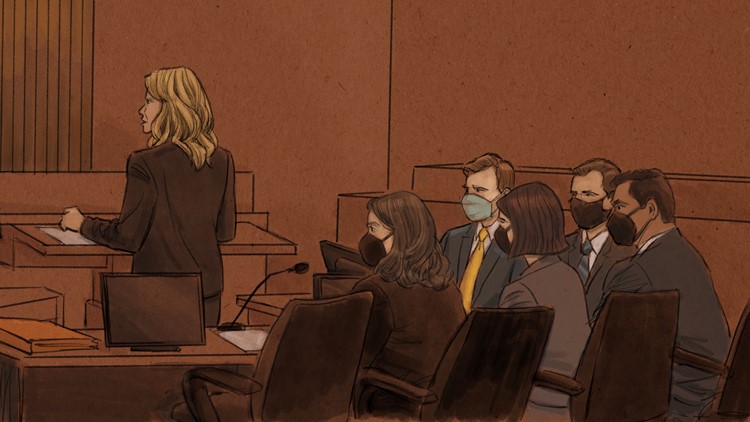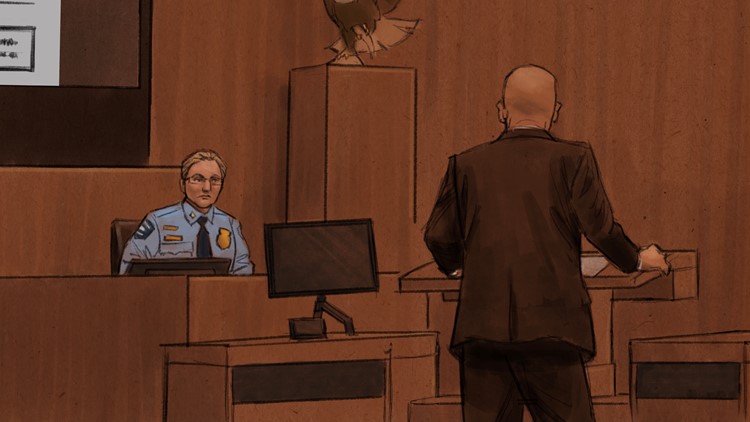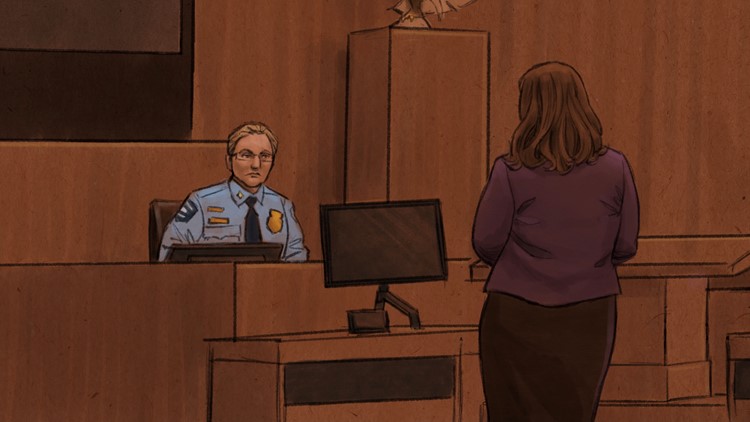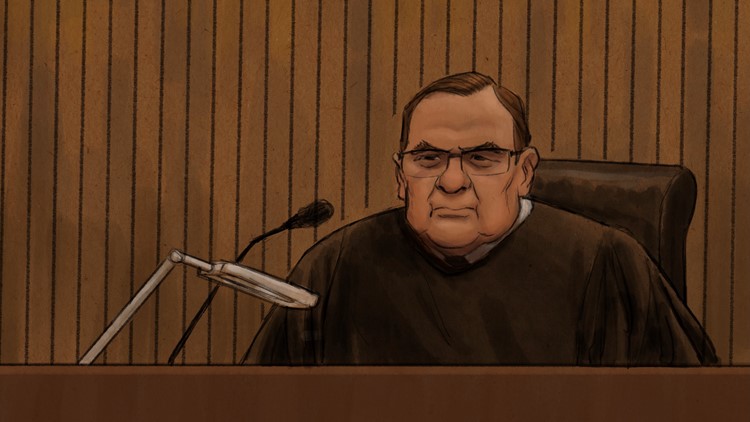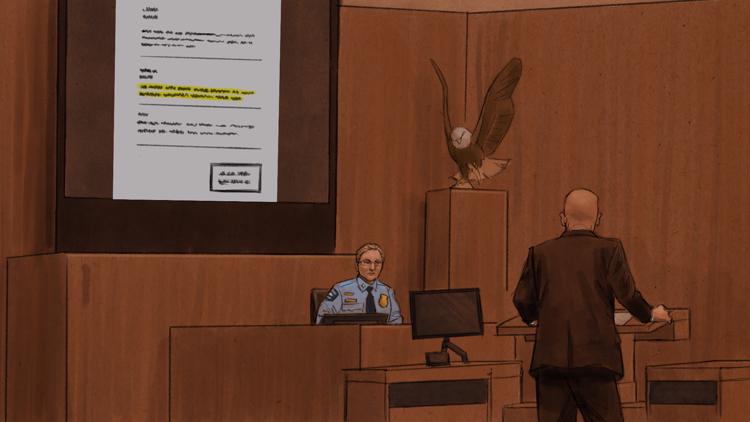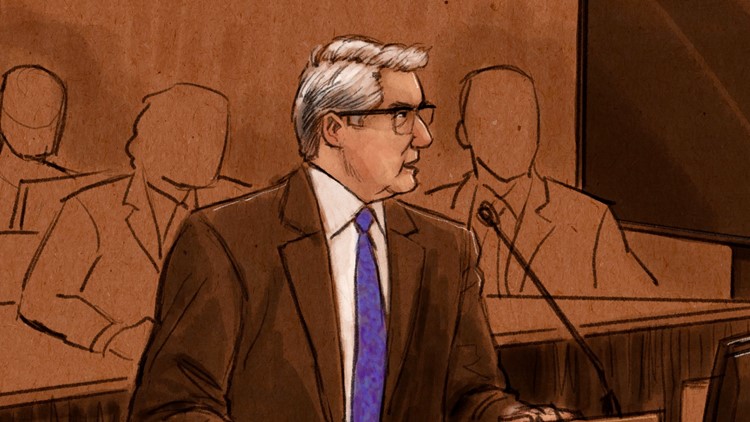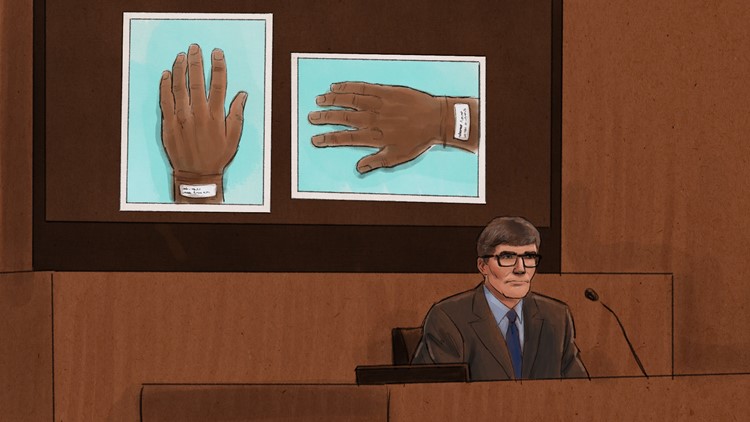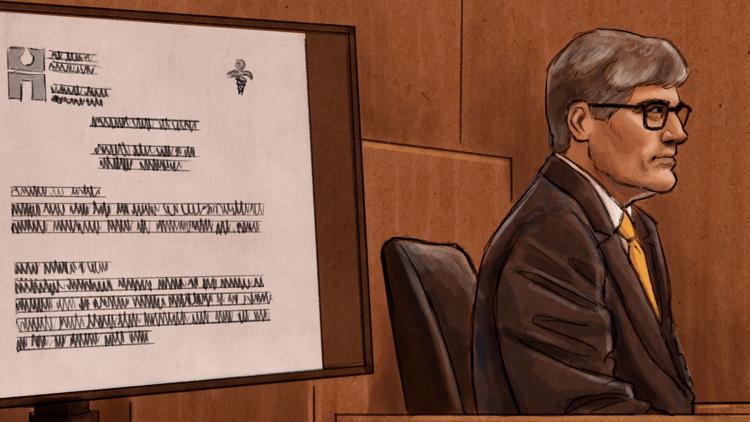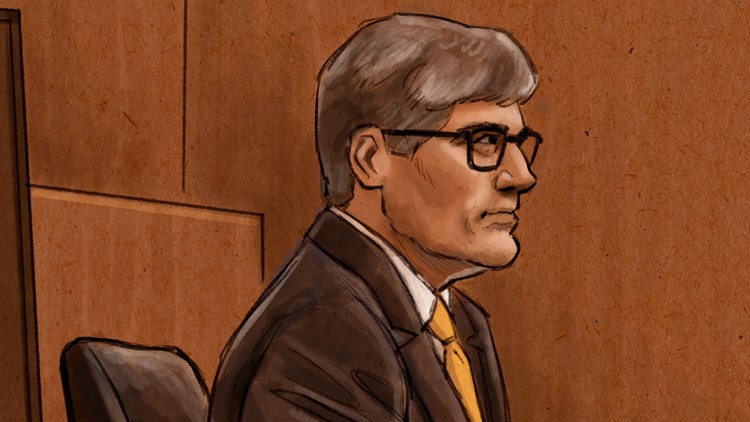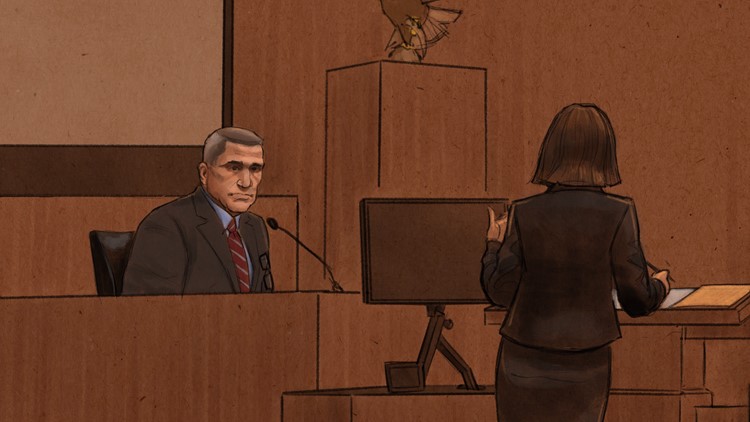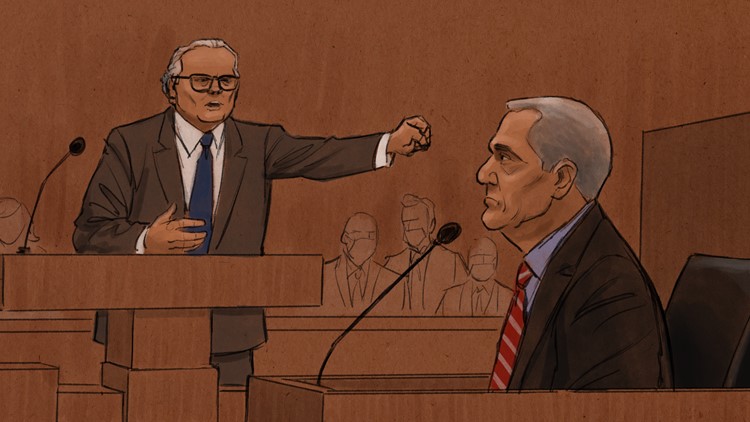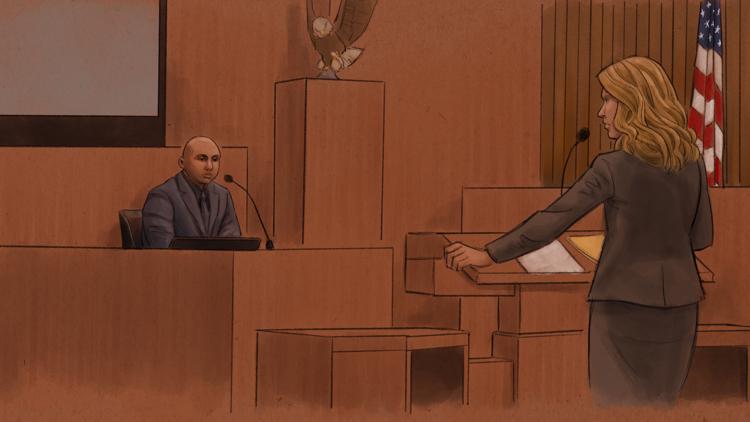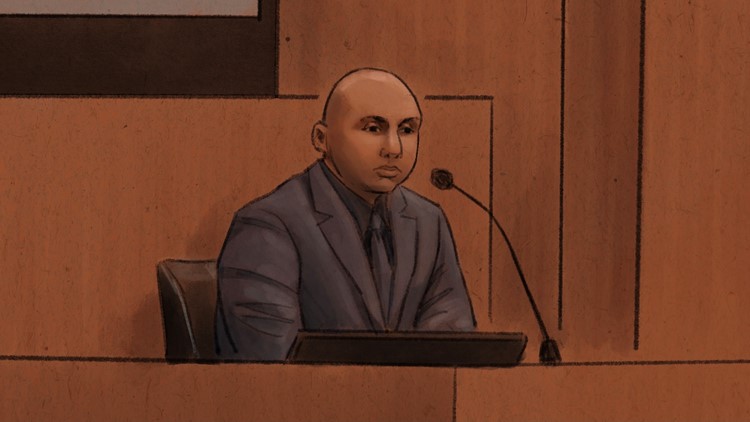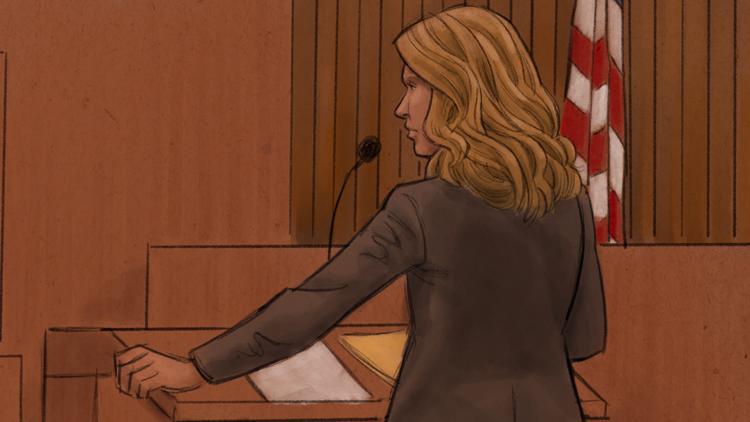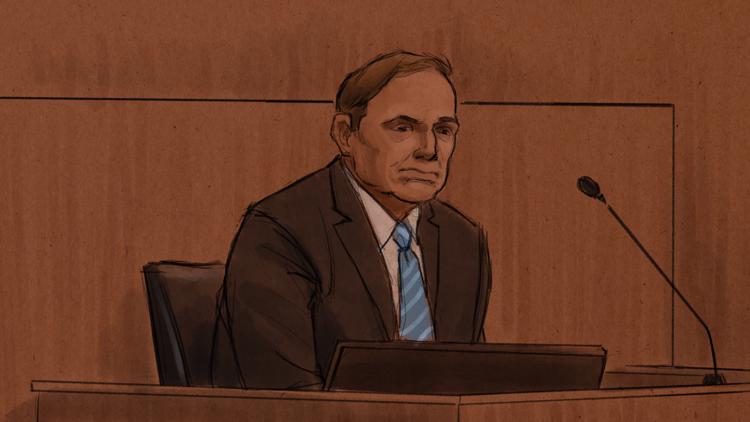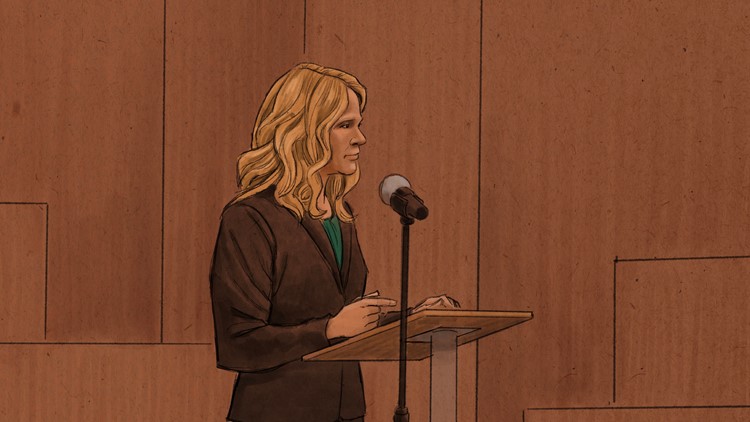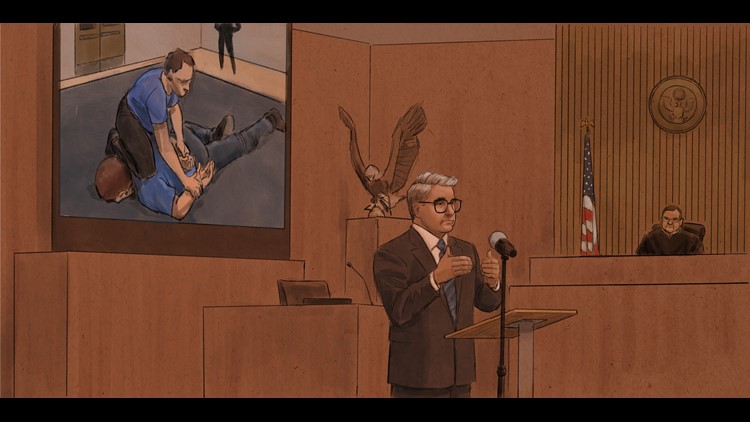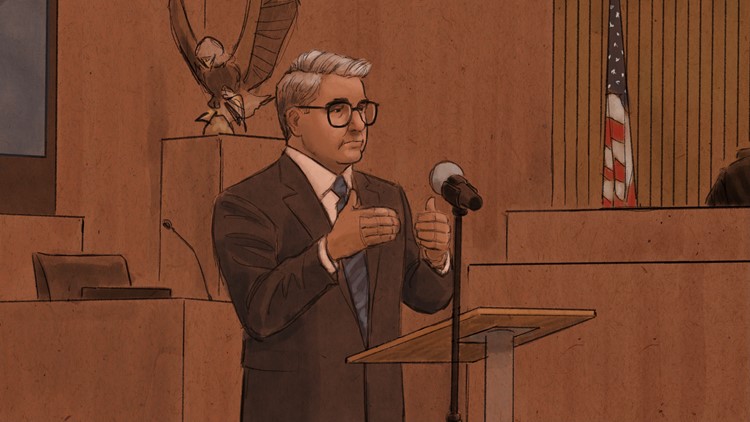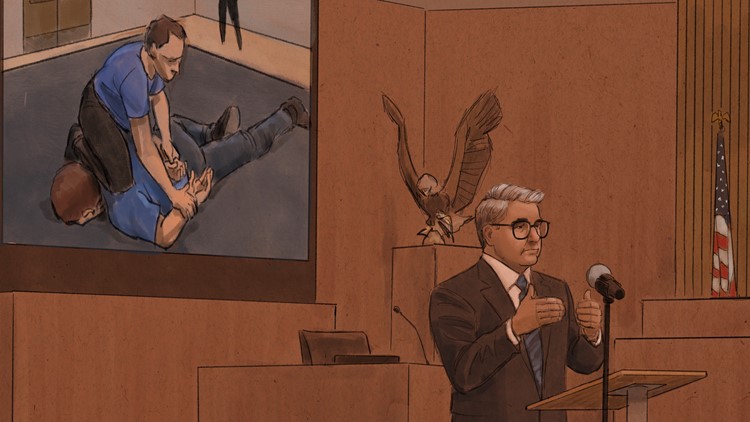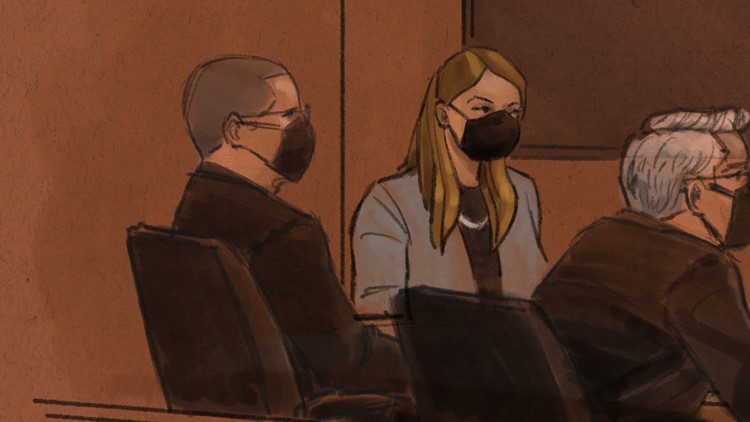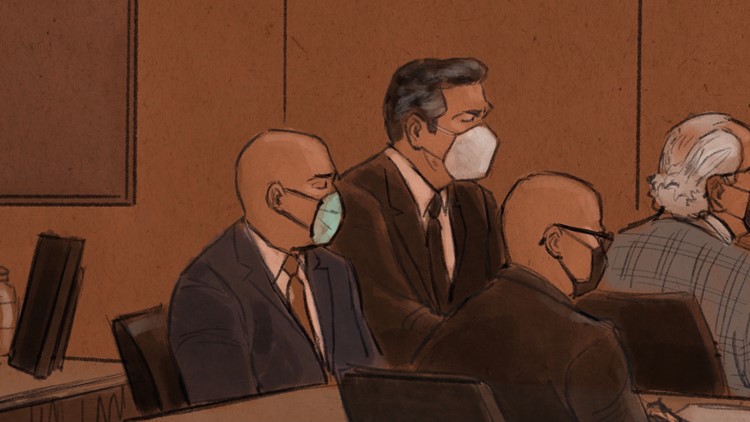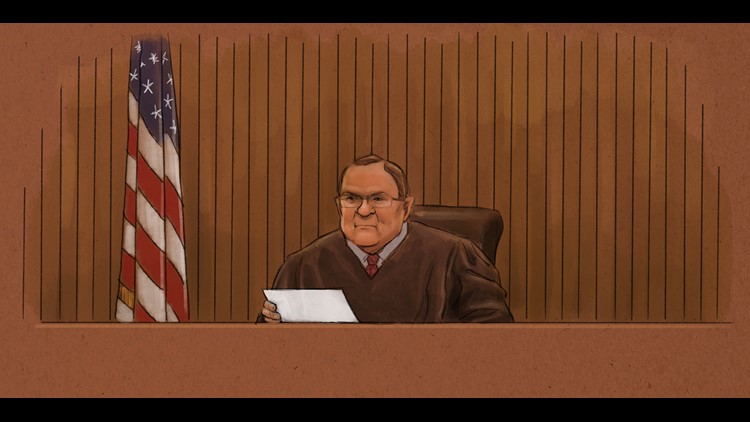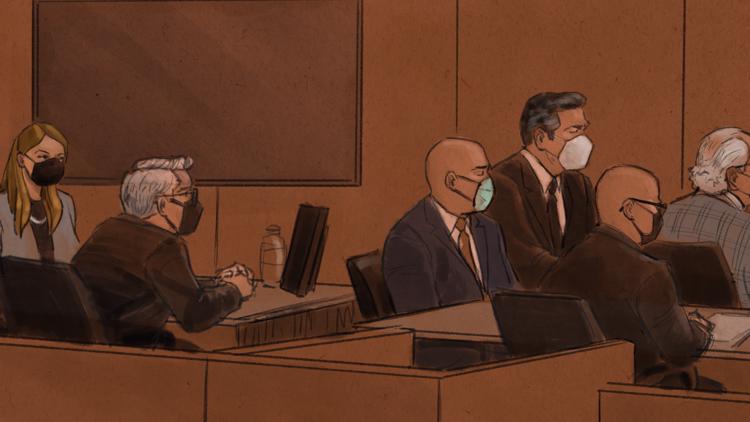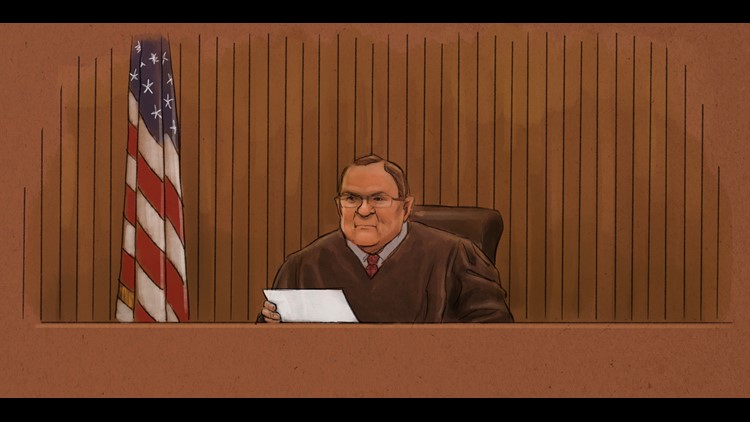ST PAUL, Minn. —
- Defense rests at conclusion of Lane's testimony
- Thomas Lane takes the stand
- Former coworker testifies to Thomas Lane's "peacefulness"
- Tou Thao, J. Alexander Kueng finish testifying in their defense
Testimony has wrapped in the federal trial of three former officers charged with depriving George Floyd of his rights.
Tou Thao, J. Alexander Kueng and Thomas Lane are charged with violating George Floyd's civil rights the day he was murdered after fellow former officer Derek Chauvin held his knee on Floyd's neck for more than nine minutes. Kueng and Thao face an additional charge for not stepping in to stop Chauvin.
Closing arguments will begin Tuesday, which is expected to take most of the day.
On Monday, the third defendant - Thomas Lane - testified in his own defense.
Lane testified that he could not see Floyd's face from his position near Floyd's legs, and that when the paramedic took Floyd's pulse, he assumed the paramedic had found one based on the lack of urgency.
Lane choked up at times while on the witness stand, especially when testifying about seeing Floyd's face for the first time as they loaded him on the stretcher.
Lane's attorney Earl Gray asked him what went through his mind at that time.
Lane said, "He didn't look good."
The prosecution in cross-examination pointed out that in order to give medical aid like CPR, it would have required removing the officer who had a knee on Floyd's neck.
The judge will read jury instructions at 9:30 a.m. Tuesday, followed by closing arguments.
Each defendant's attorney will give his own closing, and the jury can split up the verdict if it chooses as well.
2:00 p.m.
Cross-examination continued with Lane after lunch with prosecutor Trepel asking Lane about giving a person in Floyd's position medical aid, but was reluctant to give a direct answer.
Prosecutor Trepel then showed that Floyd was no longer fighting or kicking at the point Lane suggested rolling him over.
Trepel emphasized that a minute and a half passed between when Kueng couldn't find a pulse and when the ambulance arrived.
"It didn't feel like that," Lane said.
Following Lane's cross-examination, the defense rested its case. The prosecution declined to present any rebuttal witnesses.
12:30 p.m.
During questioning, defense attorney Early Gray made it clear that it was only Lane's fourth day with MPD when he received the call to respond Cup Foods.
When walking up to George Floyd's car, Lane testified that "it was just alarm bells." Lane said that he pulled out his gun and escalated the situation "to let [Floyd] know how serious I thought it was."
With trying to get Floyd into the police squad car, Lane testified that he then tried to deescalate the situation by lowering his tone of voice and telling Floyd he'd get in the car with him and roll down the windows.
Lane then testified about trying to restrain Floyd on the ground with Derek Chauvin and as they waited for EMS to arrive. Lane suggested moving Floyd to his side, but Chauvin said no. Lane testified that the choice "seemed reasonable at the time."
Asked about what happened after EMS arrived at the scene, Lane got choked up when talking about how he offered to get inside the ambulance and help the paramedics.
Gray asked why he wanted to ride along and help. Lane testified that based on how Floyd looked when he was turned over, he felt the paramedics might need a hand.
Gray finished questioning Lane by asking if he was fired from the MPD the next day. "Yes. I found out I was terminated while sitting in a Subway parking lot. I read a news article," Lane said.
10 a.m.
The first witness called Monday by Thomas Lane's attorney Earl Gray was Mark Pentland, a former coworker of Lane's at a juvenile detention center.
Pentland was used as a character witness who talked about Lane's "peacefulness," but was only questioned for a few minutes.
Closing arguments are expected to begin sometime this week, after the defense finishes calling its witnesses.
On Thursday, Feb. 17, Kueng resumed his cross-examination and testified that on May 25, 2020, the day of Floyd's death, he was deferring to Chauvin while the officers responded to the scene outside Cup Foods.
Prosecutors worked to imply to the jury that Kueng should have intervened and stopped Chauvin – even if he never was trained on "duty to intervene" scenarios.
The state brought up that when Thomas Lane suggested rolling Floyd over during his arrest, Kueng said "no, just leave him," echoing Chauvin. Kueng testified that he was on probation at the time and thought if Chauvin reported him for misconduct he would've been fired.
Thomas Plunkett, Kueng's attorney, then called use-of-force expert Steve Ijames to testify. Ijames also testified in the trial of ex-officer Kim Potter, who was sentenced to two years in prison on Friday.
Ijames testified that the Minneapolis Police Department's training on duty to intervene doesn't meet national standards on the topic, and agreed that it was his opinion that Kueng lacked the training and experience to recognize that Chauvin's use of force was excessive.
He said it appeared Kueng was under the impression his senior officer was aware of things that he was not, which was why he didn't personally initiate medical care.
GALLERY: Federal courtroom sketches from the trial of three former Minneapolis officers
MORE ON THE FEDERAL TRIAL
Get more updates on the federal trial of Thomas Lane, Tou Thao and J. Alexander Kueng in our YouTube playlist:

